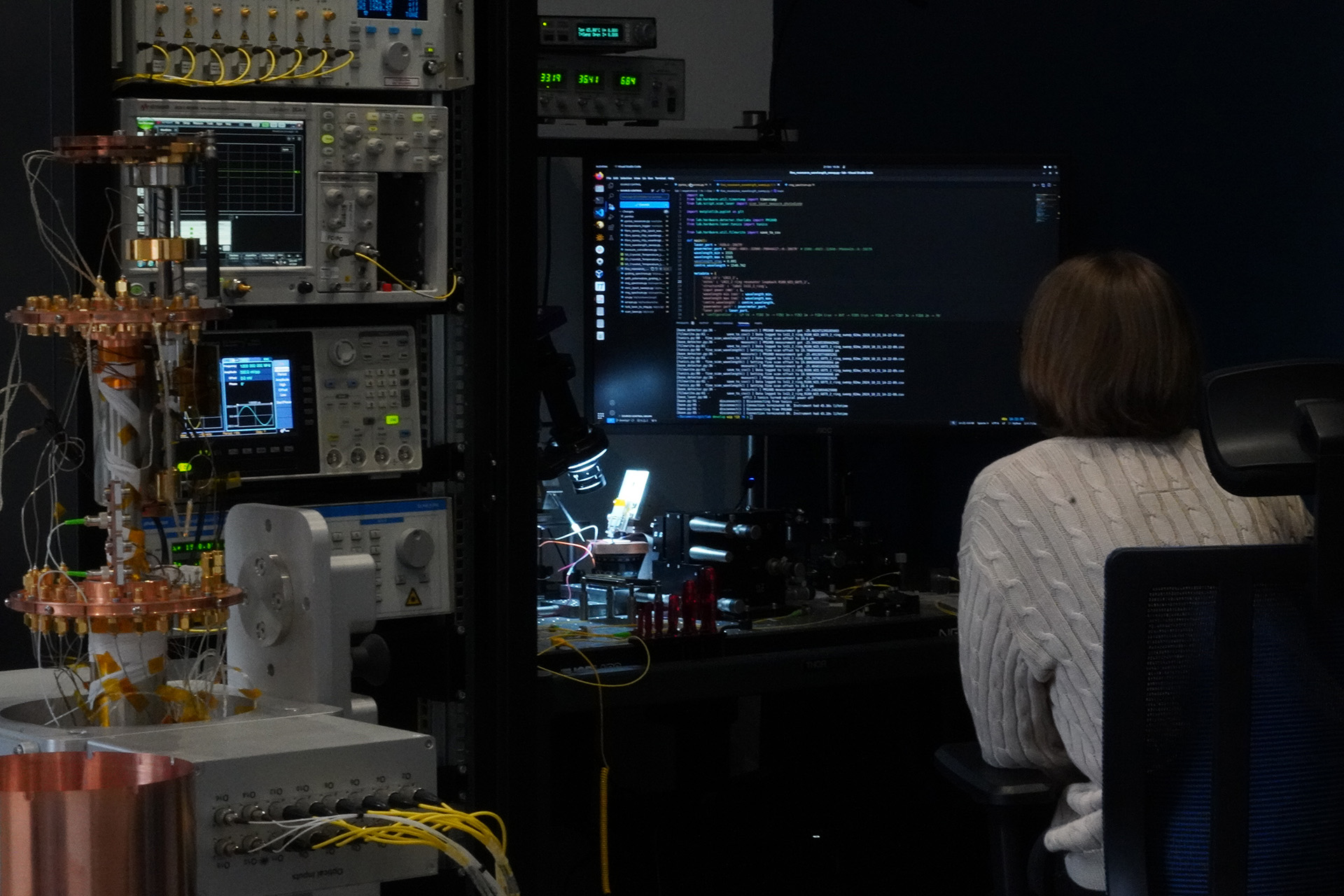Duality have helped bring fusion energy a step closer by demonstrating how photonic processors can run super-fast diagnostics in tokamaks.
Working with UKAEA and Tokamak Energy, Duality have demonstrated that photonic processors can detect hotspots in the super-cooled magnets that confine a fusion plasma. If hotspots are not detected in time, they can lead to a magnetic quench and loss of confinement. But the appearance and location of a hotspot is buried within a massive diagnostics dataset that is generated at high velocity and must be analysed in real time.
As a clean, safe, and sustainable source of power, Fusion can meet the world’s growing energy demands, reduce dependence on fossil fuels, and turn the tide on climate change. Unlocking net gain fusion energy requires real-time diagnostics of the vast data generated by a tokamak every second, which is a significant challenge.
“Duality's processing techniques mean positive data can be identified in timescales which enable the stored energy management systems to act. As we explore the technique further, other potential applications are being identified.”
Magnetic fields confine the superhot plasma within which fusion energy is generated, but the magnets must be maintained at cryogenic temperatures. Tiny hotpots that emerge in the HTS magnets can quickly grow, leading to a full quench of the system, and a costly loss of the field containing the plasma. Rapidly locating these hotspots, which can appear anywhere in the vast superconducting magnets, is a real time signal processing challenge that can be handled by Duality’s photonic processors.
“Existing solutions were either too slow or computationally expensive, requiring vast power resources. Work in this field was, to date, focused solely on fibre sensing technology, without considering the complete photonic architecture.”
Duality’s photonic processors can analyse data with orders of magnitude greater speeds than has ever before been possible. And they work at a fraction of the energy cost of electronics approaches.
“Nothing beats working on real problems together with exceptional people to make the world a better place. It’s been a privilege to work with UKAEA and Tokamak Energy and contribute to the effort for a cleaner planet.”
The hot-spot detection challenge was presented to Duality by UKAEA as part of their Fusion Industry Programme, with field trials supported by Tokamak Energy. Innovate UK and the National Quantum Computing Centre provided further funding.
If you are interested in learning more about Duality’s photonic processors, then connect with us.

Duality have won a £2.5m grant from Innovate UK to build a networked quantum computing testbed called VELOX. Assembled from photonic chips that Duality manufactures in the UK, VELOX will be used to develop a range of quantum computing applications including new ways to produce clean energy.
VELOX will connect Duality’s super-fast photonic processors into a modular quantum computing architecture, which can be networked to the wider world. The project includes systems engineering experience from UKAEA, hardware verification capabilities of CSA Catapult, and the quantum networking expertise of BT and the University of Bristol's HPN Group. Together with the Digital Catapult, UKAEA, and BT, Duality will use VELOX to investigate a range of applications.
Quantum computers will take us beyond the boundary for what can be computed, simulated, and modelled classically. But building quantum hardware is hard. At a microscopic level, physical systems are fragile, unstable, and quickly degrade to produce our familiar and predictable classical world.
Engineering hardware that suppresses quantum errors, protects quantum information, and grows large quantum states for computing is a defining challenge of our age. Duality's quantum computing technology has been designed to meet this challenge. The fast photonic processors inside VELOX will rapidly detect and correct errors, while networking between these processors will increase quantum computing power.
“We are thrilled to have won this grant from Innovate UK to build VELOX with an outstanding group of partners. The photonic chip-based processors that Duality are manufacturing will help the UK achieve its quantum computing mission.”
VELOX will be operated at Duality's Bristol laboratories, while its photonic chips will be manufactured at Duality's Southampton nano-fabrication site. Duality’s 200 mm wafer deep-DUV lithography densely packs ultrafast quantum logic gates into photonic chips. Low loss In/Out coupling technology supports networking of quantum processors, and is compatible with quantum routers developed by the University of Bristol’s HPN group. This key UK supply chain will be supported by the CSA Catapult.
This project will create high-skilled technology and manufacturing jobs, positioning the UK as a world leader in quantum systems and chip production.
If you are interested in learning more about VELOX and quantum computing, then connect with us.